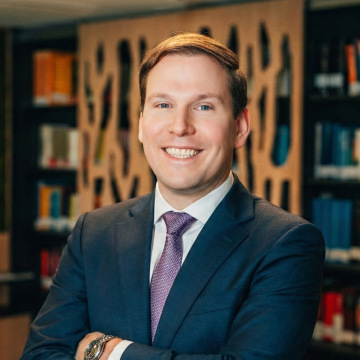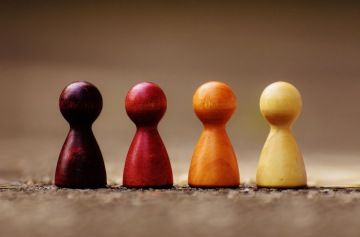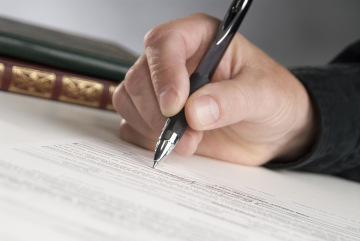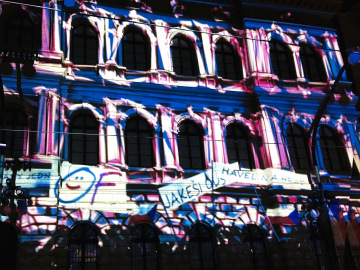
4. 3. 2024
Who Owns AI-Generated Images
The end of 2023 saw the first Czech court ruling on the copyright of graphics created by artificial intelligence. The plaintiff sought to establish his authorship and copyright of an image created by artificial intelligence.
The image was created based on the plaintiff’s specific instructions (commonly known as "prompts"), which were as follows: "Create a visual representation of two parties signing a business contract in a formal setting, e.g. in a meeting room or a law office in Prague. Show only the hands". At trial, both parties considered it undisputed that the work was created using AI. The court asked the plaintiff to prove how the image was created, who asked the AI to create the image and what the specific prompt was. As the plaintiff did not comply with the court's request for evidence, the court found that the plaintiff had failed to prove its claim.
The court also ruled that the AI itself could not be considered an author under Czech copyright law. The ruling stressed that authorship, as defined by Czech copyright law, applies only to natural persons who have engaged in creative activity. The AI does not meet this definition, as it is not a living person. As a result, the court considered the nature of the graphic and concluded that it could not be considered an original and unique result of human creative activity.
The judge concluded that the plaintiff did not personally create the work as it was created by artificial intelligence. As for the actual instructions used to generate the image (prompts), the court considered them to be merely an inspiration or idea for the work, which is not copyrightable as such under the Czech Copyright Act.
The plaintiff did not appeal, so the decision came into force without being reviewed by the High Court. An affirmative decision by the appellate court would strengthen the persuasive effect of the judgment. Nevertheless, there does not seem to be much room for the courts to take a different approach.
Perhaps the courts could be persuaded to grant at least some rudimentary copyright protection to an author in the future if very elaborate and unique prompts were a prerequisite for an AI-generated image. However, it would still remain an open question whether such copyright would cover the resulting image or only the prompt as a verbal work. The latter possibility would probably not be of much economic benefit to the author. In any case, it is advisable to keep records of the prompts used for the work generated by AI. One never knows when they become useful maybe even from a legal point of view.
By Mgr. Radek Werich
Download
Author
News & Publications
Dovolená na poslední chvíli: Jak ji zvládnout do konce roku bez stresu a sankcí
Jak mohou zaměstnavatelé na konci roku správně a bez zbytečného stresu nařídit čerpání dovolené? Praktické vodítko, jak předejít sankcím, hromadění dovolené a zároveň zachovat korektní vztahy se zaměstnanci.
Erbrecht in der Tschechischen Republik im grenzübergreifenden Kontext
Das tschechische BGB weist in Teilen Parallelen zum deutschen Erbrecht auf, enthält jedoch auch eigenständige Besonderheiten. Der Beitrag gibt einen Überblick über das tschechische Erbrecht und seine zunehmende Bedeutung für deutsche Erben bei grenzüberschreitenden Erbfällen.
Bratislava Office Closed on November 17!
Our law firm considers November 17 a significant symbol of the values on which not only the rule of law is built, but also the very practice of free advocacy.



